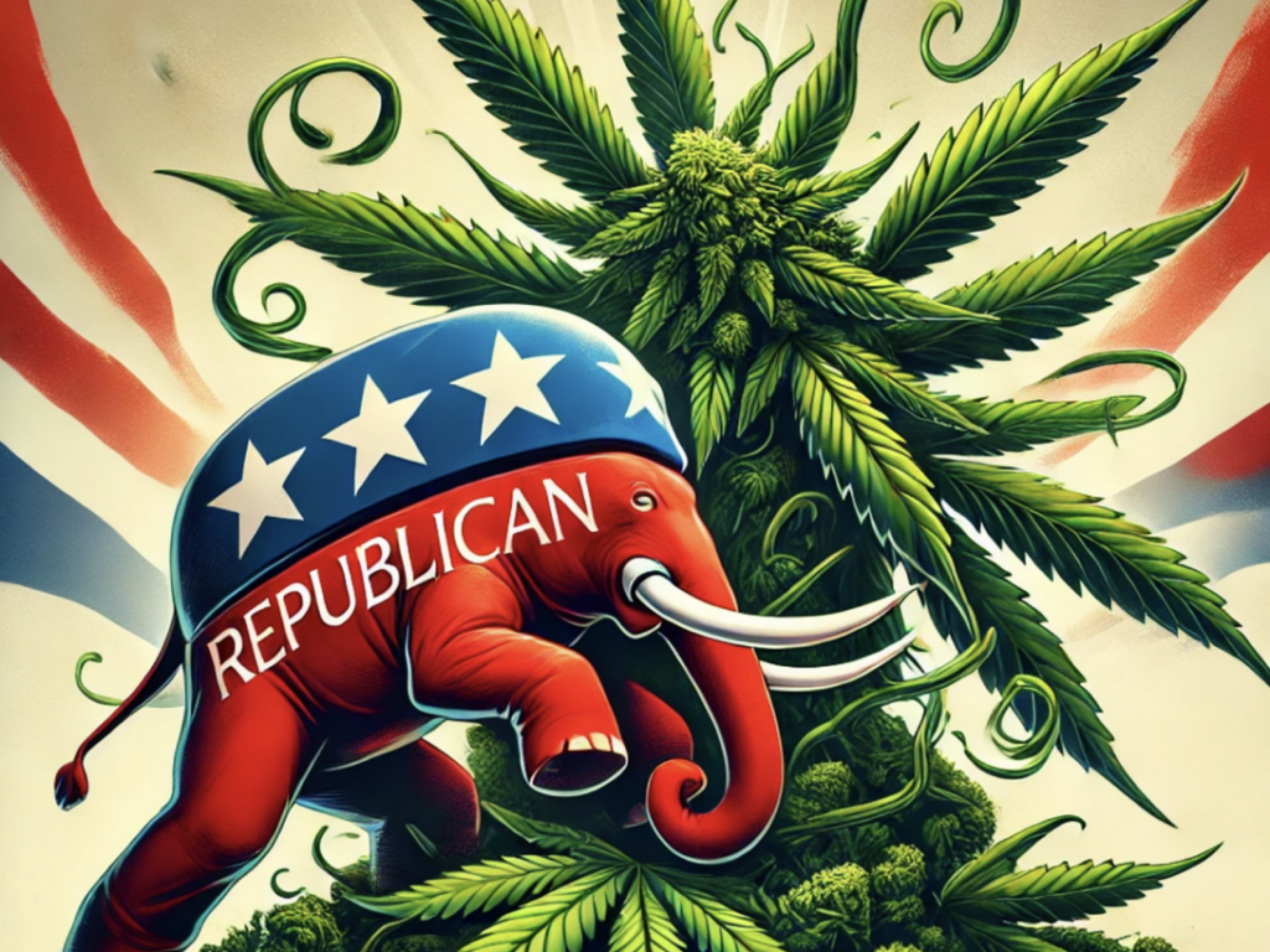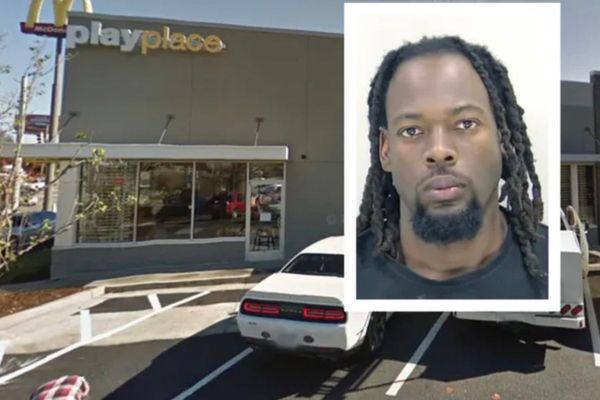
On Tuesday, Texas Lt. Gov. Dan Patrick unveiled what he calls “a major legislative initiative,” announcing Senate Bill 3, which aims to ban all forms of consumable Tetrahydrocannabinol (THC) in the state.
Regarding hemp-derived products that “might include un-removable non-intoxicating trace amounts of Delta 9 THC,” a statement released by the Patrick’s office reads: "Dangerously, retailers exploited the agriculture law to sell life-threatening, unregulated forms of THC to the public and made them easily accessible," Patrick said, referring to the aftermath of the 2019 passage of House Bill 1325.
Originally designed to boost Texas agriculture, the bill aligned the state with Farm Bill 2028, which permitted hemp commercialization. It also created a legal gray area exploited by businesses to sell products that otherwise would be banned in Texas.
This loophole has been exploited by hemp-derived manufacturers and sellers, who often advocate for a full regulation, similar to cannabis. Proposing a full ban on THC, similar to the one recently imposed in California, would be disastrous for the industry.
Unlike California, Texas does not have legal cannabis, so consumers will have no other option than to turn to the illicit market.
Patrick added that many of these products, including beverages, contain “three to four times the THC content which might be found in marijuana purchased from a drug dealer.” He announced his support for Senate Bill 3, championed by Sen. Charles Perry (R-Lubbock), a Bill that would close the loophole by permanently banning all forms of THC.
Read Also: Dallas Overwhelming Approves Cannabis Decriminalization In Ballot Vote
Get Benzinga's exclusive analysis and the top news about the cannabis industry and markets daily in your inbox for free. Subscribe to our newsletter here. If you're serious about the business, you can't afford to miss out.
Conservative Pushback On Cannabis Reforms
Patrick's announcement comes against the backdrop of a broader conservative crackdown on cannabis reforms in Texas. Attorney General Ken Paxton recently intensified his legal challenges against local decriminalization efforts, filing lawsuits against several cities, including Dallas, over measures that reduce penalties for marijuana possession.
In Dallas, voters overwhelmingly approved Proposition R in November, an amendment decriminalizing possession of up to four ounces of marijuana. Despite its popularity—66% of Dallas voters supported the measure—Paxton has deemed it a violation of state law.
"The city of Dallas has no authority to override Texas drug laws or prohibit the police from enforcing them," Paxton stated in a recent press release, calling local cannabis decriminalization measures a "backdoor attempt to violate the Texas Constitution."
Patrick's legislative initiative and Paxton's lawsuits indicate that the GOP is framing cannabis as a major political issue, approaching it from a conservative perspective.
COVER: AI-Generated Image







